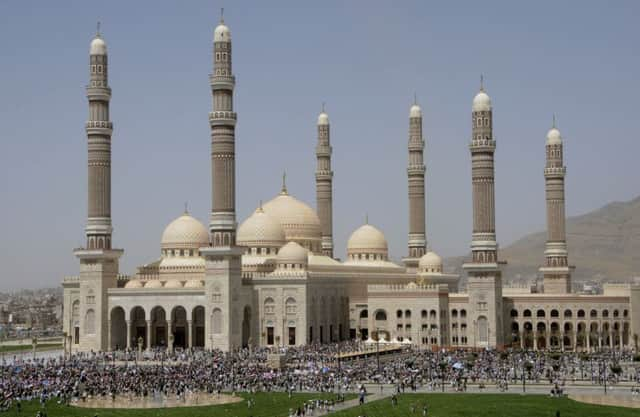One third of people in Middle East bribe public officials


The poll, by Transparency International, also found courts have the worst bribery rate out of six services that were surveyed.
The watchdog interviewed nearly 11,000 people – about 1,200 in each of the nine countries – and found bribery was especially rampant in Yemen.
Advertisement
Hide AdAdvertisement
Hide AdIn the impoverished Arabian Peninsula country, 77 per cent of respondents said they had to pay a bribe to access public services.
The interviews there were carried out before the start of Saudi-led airstrikes targeting Yemen’s Shiite rebels, after which the country’s crisis descended into war.
Around 50 per cent of people surveyed in Egypt, Sudan and Morocco said they paid bribes for public services.
Transparency International also surveyed people in Lebanon, Algeria, Tunisia, Jordan and the Palestinian territories. Public anger over corruption among government officials, social inequality and the lack of justice and transparency were catalysts of the 2011 Arab Spring movements that ousted longtime leaders in Tunisia, Egypt, Yemen and Libya.
Transparency International’s chief Jose Ugaz said failing to stop bribery also affects people’s human rights.
“It’s as if the Arab Spring never happened,” he said.
The poll results show that, on average, almost one in three people surveyed paid bribes in dealings with courts, while one in four paid bribes to police.
About one in five people surveyed said they had to pay a bribe for public medical services. In Morocco, that figure was 38 per cent.
Transparency International noted the case of a man who called the watchdog’s local anti-corruption hotline after he was told by a nurse to pay £45 in addition to the hospital fee for his blind daughter to get an urgent brain scan. He was advised to call the attorney general’s office and two undercover officers returned with him to the hospital, where the nurse was arrested.